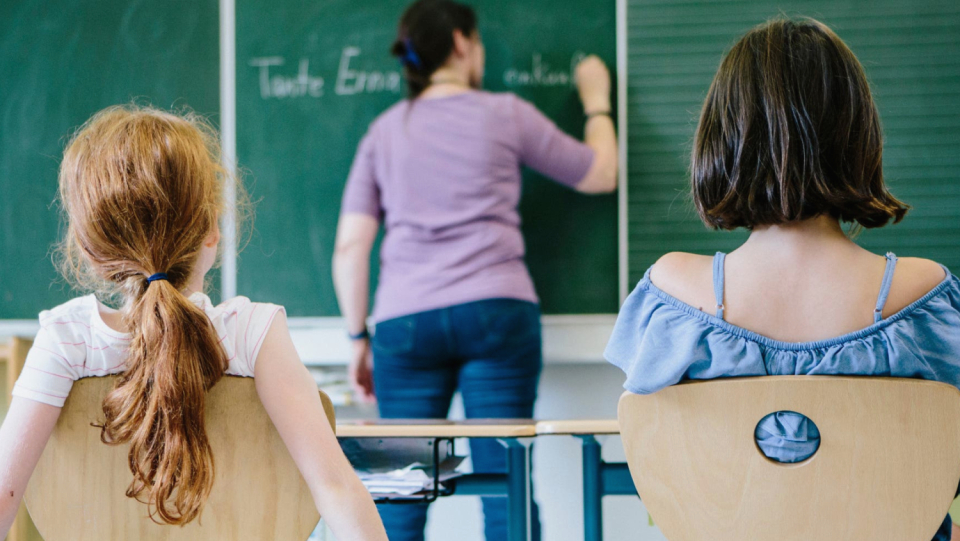Especially after switching to high school, some children with well above average IQ in turbulence: their grades remain well below the level that you would expect from them. Experts from the University of Würzburg call "highly gifted underachiever". In a large longitudinal study, you have now investigated the question of why these children and adolescents perform comparatively poorly.
As they write in the journal »Child Development«, those affected either lacked good learning strategies altogether or did not know how to use them most effectively. Many also lacked motivation to apply learning strategies when it involved effort, summarizes the group led by Catharina Tibken from the University of Würzburg.
For their study, the researchers with 341 high school students made various tests, for example on reading understanding or the general IQ. They all considered highly gifted with an IQ of at least 120. They also determined how well the volunteers could assess themselves and their performance. A year later, they examined the sixth and eighth graders again.
The scientists identified deficits in a skill they call metacognition: thinking about one's own thinking. Those highly gifted people who received bad grades a year later, for example, had a noticeable number of difficulties in judging whether they had understood a text. Unlike other students, they did nothing to improve their comprehension of the text – for example, they did not go through difficult passages again and did not look for information elsewhere.
The team around Tibken is of the opinion that such metacognitive skills can be trained. Highly gifted underachiever could therefore increase their potential if they "learn to learn". A training program is now to be created and evaluated after the study. According to Tibken, it could also use normally talented students.
Other children with lower IQs would often acquire such learning strategies as early as primary school. The highly gifted, on the other hand, probably found learning so easy there that no special strategies were required. In secondary school, they reach their limits with more demanding learning content, which in turn leads to frustration. "If the intellectual potential is not exhausted, it is often very stressful for the children," says Tibken in a press release.



















